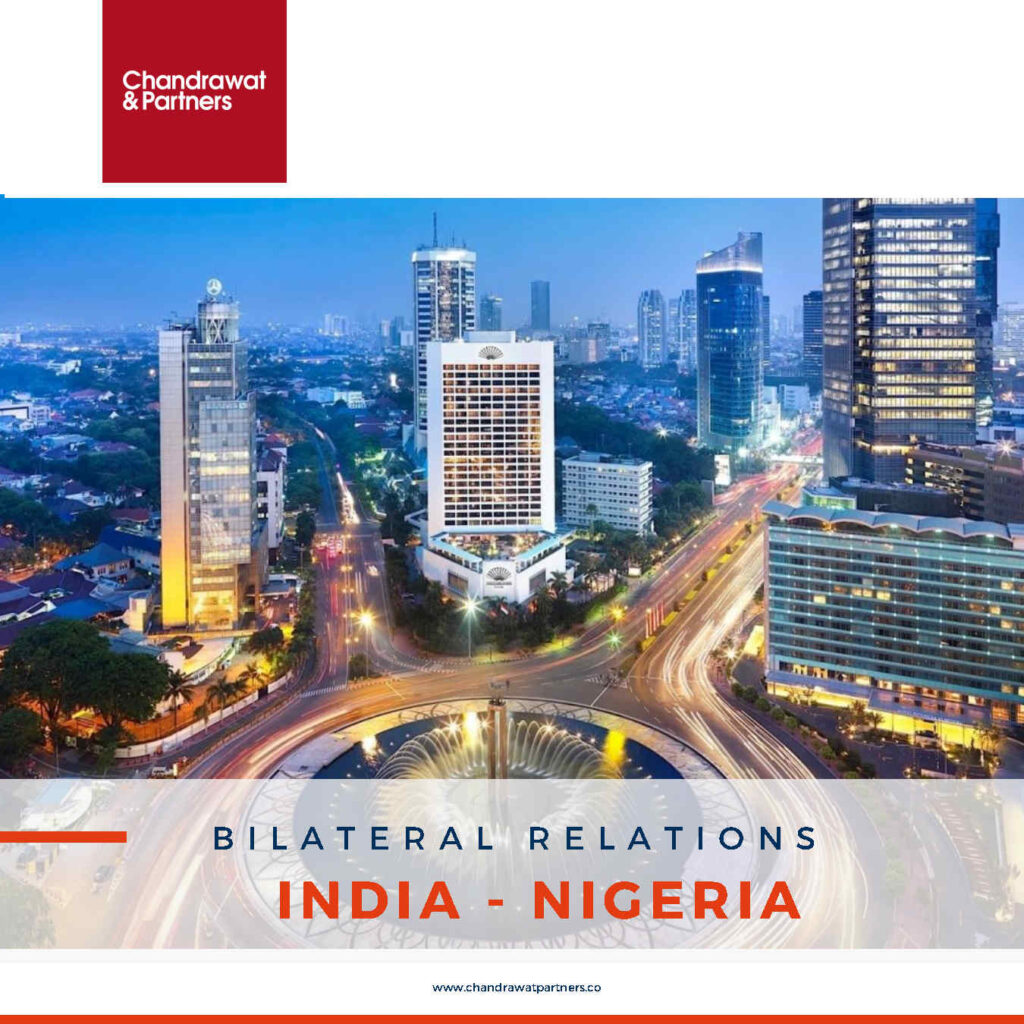- About Us
About Us
Chandrawat & Partners is a leading full service international firm with offices in India and abroad. The firm is rapidly growing and offers a wide range of legal and professional services to domestic and international clients.
- Practice Areas
- International and Domestice Arbitration & Mediation
- Contract Drafting and Agreement Review
- Civil Matters, Claims and Compensation
- Constitutional & Public Interest Litigation
- Corporate and Commercial Matters
- Criminal Litigation
- Domestic Arbitration
- Employment, Labour and Service Matters
- Family and Personal Laws
- Financial Disputes and Tax Matters
- Information Technology and Cyber Matters
- Intellectual Property Matters
- Merger and Acquisition
- Negotiable Instrument- Cheque Bounce Matters
- Trademark Registration and Infringement
- Overseas citizens of India
Practice Areas
- Sectors
Sectors
- Bilateral Relations
Bilateral Relations
- DTAA
DTAA
- Insights
- Career
- Recent Judgements
- Contact Us
We have a team of professionals to assist you with your requirements related to Nigeria, please feel free to write us at [email protected]
India – Nigeria bilateral relations
India – Nigeria bilateral relations
Introduction
The Republic of India and the Federal Republic of Nigeria have built strategic and commercial ties. Both countries recognise English as an official language and they are both members of the Commonwealth of Nations and the Non-Aligned Movement, having a shared history of being under the rule of the British Empire. India has a High Commission in Abuja and a Consulate in Lagos, and Nigeria has a High Commission in New Delhi. Indian business firms have invested estimated $15 billion in Nigeria. India is Nigeria’s leading investors, with a investment base of about $20 billion. The figures on the amount of Nigeria’s investment in India if any are not known. India-Africa trade has slowly been increasing with trade volume of USD 55.9 billion in year 2020-2021. The distance between Nigeria and India is 7607 kilometres.
India is the third largest consumer of oil after the United States and China. With the rapid growth of the Indian economy that is the fifth largest in the world today the demand of oil has greatly increased. India imports oil from Saudi Arabia, Iraq, Russia, USA, Kazakhstan, Iran, UAE and Nigeria.
Background
India’s relations with Africa date back to 30 BCE when there was trade between Egypt (under Roman Emperor Augustus) and India. Up to 120 Roman ships set sail each year from Myos Hormos (Al-Qusayr) in Roman Egypt to India. In the same period, Indian dhows frequented East African shores selling Indian handloom products, spices and other goods. Archaeological evidence recently found in Egypt shows that Indian merchants that traded with the Mediterranean region were inhabitants of the Coromandel Coast of India. That exhibits the extent of India-Africa relations at that time.
Portuguese explorer Vasco da Gama (1497 CE), in search of a short trade route to India, was helped in his journey by Indian merchants and traders on East African shores. Some 20,000 black Africans known as Siddis were brought by Arabs to India as far back as the 7th century. These black Africans have integrated well and are confined to small villages in the Indian states of Karnataka, Maharashtra and Gujarat, and a few live in the city of Hyderabad. These Africans are descendants of the Bantu peoples of East Africa. Some Africans were brought to India by the Portuguese and later by the British. Other Africans came to India as merchants, sailors and mercenaries.
Upon Britain gaining control of India, 34,000 Indians, mostly Punjabi Sikhs, went to East Africa as bonded labourers in 1896 to build the hazardous 660 mile long Uganda Railway. For every mile of the rail line built, four Indian labourers lost their lives, with a total count of 2,493 killed. In year 1898, Indian labourers that worked on a rail bridge over the Tsavo River in Kenya were terrorized by two man-eating lions that killed an estimated 135 Indian labourers.
India gained independence in 1947; Nigeria followed and gained independence in 1960. India strongly supported independence of African countries from colonial rule and established its diplomatic mission in 1958 – two years before Nigeria officially gained independence from British rule. Soon after Nigerian independence, the Indian government got involved in helping establish a military and several other projects in Nigeria. India aided Nigeria in building military establishments like the Nigerian Defence Academy (NDA) at Kaduna and the Naval College at Port Harcourt, along with other military training facilities. Several Nigerian military personnel attended the Defence Services Staff College (DSSC) in Wellington, Tamil Nadu, India. The current President of Nigeria Muhammadu Buhari attended the DSSC in the 1970s. Other Nigerian presidents who attended the same college are Presidents Olusegun Obasanjo (1965) and Ibrahim Babangida (1964). A few other top Nigerian military officers also attended India’s Defence Services Staff College. Upon Nigeria gaining independence, Indian businesses set up shops in Nigeria.

To know more about bilateral relations between India and Nigeria, please download our booklet.
Contact Us
Get in touch with the right people to get the right help at the right time.
Contact us at: [email protected]




